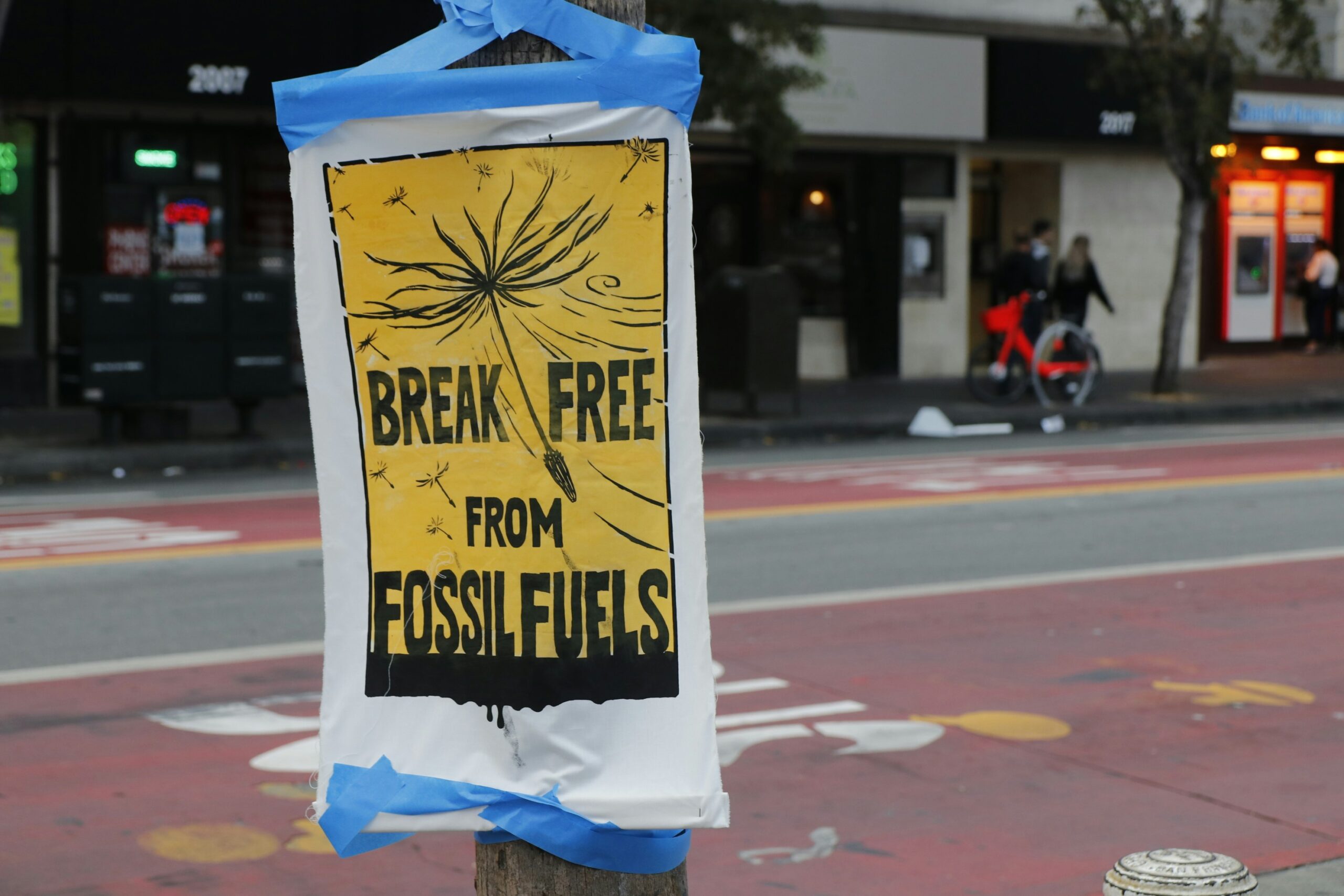Understanding the Climate Crisis
The global climate crisis is an urgent challenge facing humanity, marked by increasing temperatures, rising sea levels, and deteriorating ecological conditions. According to the Intergovernmental Panel on Climate Change (IPCC), global temperatures have already risen by approximately 1.1 degrees Celsius since the pre-industrial era. This escalation hints at a troubling trajectory, as projections indicate a potential increase of 1.5 degrees Celsius within the next two decades if significant reductions in greenhouse gas emissions are not achieved.
Primary contributors to climate change include greenhouse gas emissions, predominantly from fossil fuel combustion, deforestation, and industrial processes. The burning of coal, oil, and natural gas releases significant amounts of carbon dioxide (CO2), a key greenhouse gas that traps heat in the atmosphere. Additionally, land-use changes, particularly deforestation, exacerbate the problem by reducing the number of trees available to absorb CO2, thereby intensifying global warming.
The repercussions of climate change extend beyond mere temperature increases. Scientists warn that these changes lead to extreme weather events, such as hurricanes, floods, and droughts, which threaten both biodiversity and human societies. Ecosystems are under immense pressure, with species extinctions increasing as habitats are destroyed or altered. Furthermore, vulnerable populations face dire consequences, including food insecurity, health risks, and displacement due to rising sea levels and environmental degradation.
Understanding the climate crisis is crucial for advocating actionable solutions. The interplay of human activities and nature’s responses emphasizes the need for collective efforts from individuals and governments alike. Immediate action is necessary to combat the factors driving climate change and to mitigate its widespread effects on biodiversity, ecosystems, and human life, ultimately leading to a sustainable coexistence with our planet.
Practical Actions for Individuals
Every individual has the potential to contribute significantly to the global effort against climate change. By adopting certain lifestyle changes, citizens can effectively reduce their carbon footprint and promote sustainability within their communities. One impactful action is the adoption of a plant-based diet. Research indicates that reducing meat consumption can lead to a considerable decrease in greenhouse gas emissions, as livestock farming is a major contributor to climate change. By choosing plant-based options, individuals not only improve their health but also play a part in mitigating environmental damage.
Another practical action is utilizing public transportation instead of personal vehicles. Public transit systems often produce fewer emissions per passenger mile compared to individual car travel. Furthermore, walking or cycling short distances can significantly lower personal carbon emissions while promoting physical health. For those who need a vehicle, carpooling is a viable alternative that lessens the number of cars on the road, thereby reducing traffic congestion and associated emissions.
Energy consumption at home also presents an opportunity for individuals to make a difference. Simple measures such as using energy-efficient appliances, switching to LED bulbs, and reducing heating and cooling demands can culminate in decreased energy use and emissions. Implementing a routine for unplugging devices when not in use can also contribute to energy savings.
Beyond personal lifestyle adjustments, individuals can engage in local sustainability initiatives. Participating in community gardens, clean-up drives, or advocacy groups that champion climate-friendly policies empowers citizens to influence change at a grassroots level. By voicing support for legislation that addresses climate issues and encouraging local leaders to prioritize sustainability, each person can contribute to a collective response. Additionally, educating oneself and others about the importance of these actions can foster a culture of environmental responsibility.
Government Responsibilities and Policies
Governments play a pivotal role in addressing the global climate crisis through the implementation of significant policies and regulations aimed at promoting sustainable practices. One of the most effective strategies that governments can employ is carbon pricing, which is designed to put a monetary value on carbon emissions. By doing so, it incentivizes industries to reduce their greenhouse gas emissions, ultimately guiding both businesses and consumers toward more environmentally friendly choices.
Renewable energy incentives are another essential component of government policy in combating climate change. Subsidies, tax credits, and grants can encourage the development and adoption of renewable energy sources such as solar, wind, and hydroelectric power. By shifting investment toward these cleaner energy options, governments not only decrease reliance on fossil fuels but also foster job creation in emerging green technology sectors.
The protection of natural habitats is equally important in this fight against climate change. Governments must enforce regulations that safeguard forests, wetlands, and biodiversity that play crucial roles in carbon sequestration. Policies that promote reforestation and habitat restoration can significantly contribute to reducing atmospheric CO2 levels, enhancing environmental resilience, and supporting communities dependent on these ecosystems.
International cooperation is vital for substantial climate action. Agreements like the Paris Agreement bring together nations to collaboratively set and achieve ambitious climate goals. These international frameworks encourage transparency and accountability while allowing countries to share best practices, technologies, and financial resources. Successful case studies from countries that have embraced stringent climate policies serve as exemplars for others to follow, illustrating that comprehensive governmental action can lead to tangible results in the ongoing battle against climate change.
Collaborative Approaches for Sustainable Solutions
The global climate crisis necessitates a collective response that integrates the efforts of individuals, governments, businesses, and organizations. Collaboration is pivotal in creating comprehensive and sustainable solutions that address the complexities of climate change. By working together, diverse stakeholders can amplify their efforts and develop innovative strategies that promote environmental sustainability.
One of the most effective forms of collaboration is corporate responsibility in sustainability practices. Businesses have a significant impact on environmental health, making it essential for them to adopt sustainable practices. This includes reducing carbon footprints, minimizing waste, and investing in renewable energy sources. By integrating sustainable practices into their core operations, companies not only contribute to climate action but also enhance their reputation and appeal to environmentally conscious consumers. Furthermore, when businesses partner with local governments and community organizations, they can leverage resources and expertise to drive larger-scale initiatives that benefit both the environment and society.
At the community level, grassroots initiatives play a crucial role in fostering sustainable practices. Community-driven projects, such as local recycling programs, urban gardening, and clean-up events, empower individuals to take action in their neighborhoods. These initiatives not only promote sustainability but also strengthen social ties and enhance community resilience against the impacts of climate change. Importantly, these local efforts can serve as catalysts for broader systemic change when they are scaled up and adopted in other regions.
Moreover, partnerships across various sectors can drive innovation that leads to effective climate solutions. By facilitating collaboration between governments, non-profit organizations, and private enterprises, innovative technologies can be developed and implemented. Examples include advanced energy management systems and smart grid technologies that optimize energy use. Such collaborations demonstrate that a united approach, inclusive of different perspectives and capabilities, is essential for impactful, long-term climate action.


